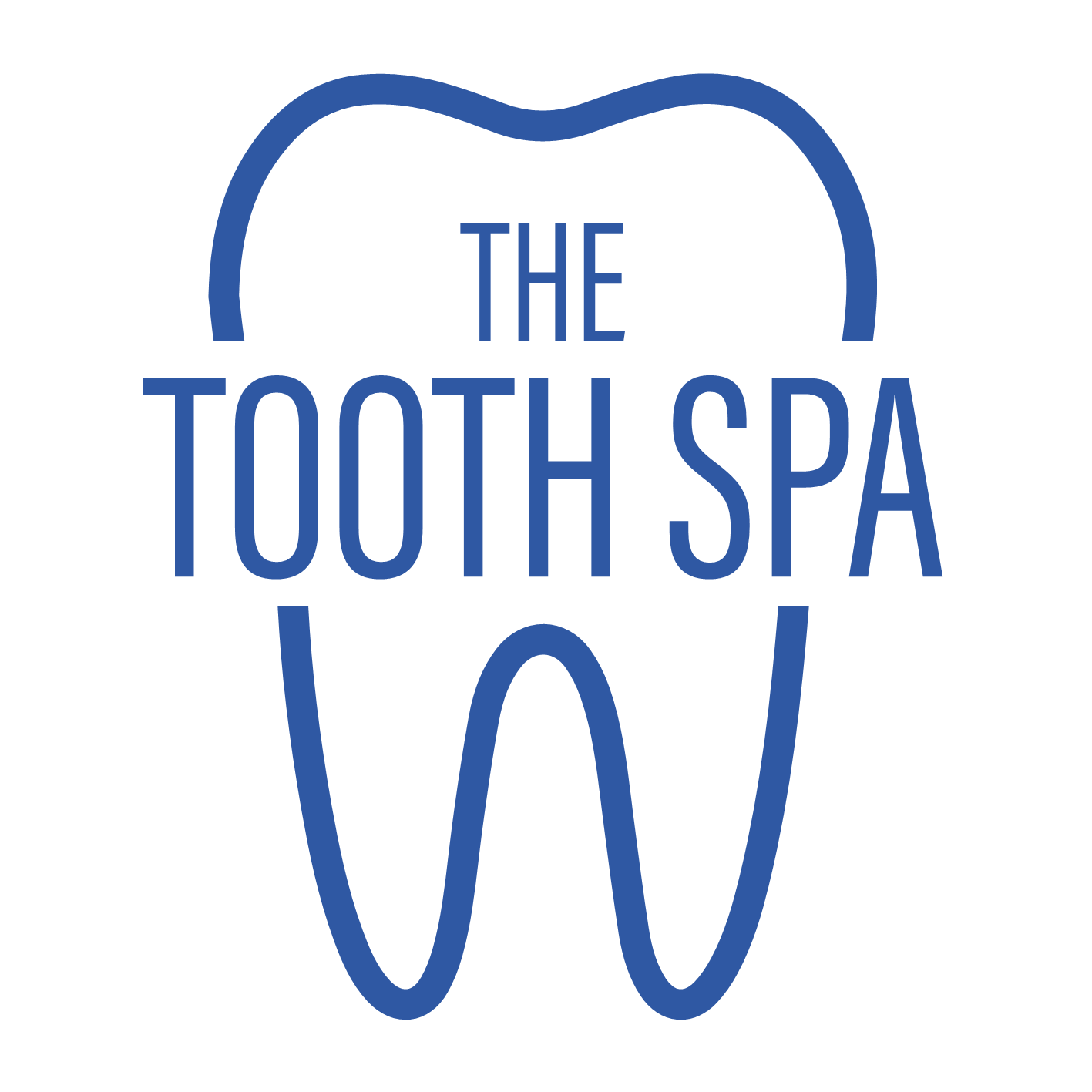Oral hygiene is important for your health and appearance. It’s also a big part of how you present yourself to the world. If you want to be confident, healthy, and attractive, then it’s time to brush up on some oral care basics!
This blog post will cover what proper oral hygiene should include as well as the benefits of good dental care. We’ll also talk about a few ways that can help keep your teeth clean and strong. Let’s dive in!
The History of Oral Hygiene
The basic concept of oral hygiene has been part of human life for a long time with the first rudimentary toothbrush dating back over 5 thousand years ago. These first toothbrushes took the form of a stick that would be chewed until it frayed and this would be used to brush the teeth. Oral hygiene then remained the same for over 4 thousand years until the 13th century, when the Chinese first started to use natural bristles placed in a bone handle.
Whether a medieval bone toothbrush or a modern electric toothbrush the goal remains the same to gently remove the plaque and food residue from your teeth. Around the 1500s, mouthwash began to take a familiar form, as a solution combining mint and vinegar was gargled to fight bad breath and harmful bacteria. However, it wasn’t until as late as the 19th century that the use of urine completely subsided, and this was due to a better-suited ingredient: alcohol. With this substitution, the type of mouthwash that we still use today truly came to market.
In comparison to other oral hygiene, dental floss is relatively new. It was American dentists who first advocated for the use of waxen silk to be used to remove debris from between teeth back in 1819. Modern Tooth floss as we know it today was developed over time in 1800.
Benefits of Oral Hygiene
Oral hygiene is an important part of normal life. The benefits of a day oral hygiene route are numerous. The daily use of fluoride toothpaste is imperative to prevent plaque build-up, while using mouthwash daily can stop the bacteria which cause bad breath or halitosis. Daily oral care is an important step to prevent more serious issues and to catch things early if you do have a problem.
Types of Oral Care
Oral hygiene should be done twice a day normally in the morning and evening. It is important not to brush your teeth immediately after a meal to prevent enamel erosion. People’s oral hygiene can differ from person to person and it is important to discuss with your dentist to ensure best practices for your teeth. Day-to-day oral hygiene generally has three main forms, which are outlined below.
Mouthwash
Mouthwash is an important first step to your oral hygiene and is used to remove loose debris prior to more aggressive cleaning. It is important not to use your mouth last as this can wash your teeth of the beneficial fluoride found in your toothpaste. Many people claim they don’t like mouthwash, however, it is vital to try several different types of mouthwash to find the one that works best for you.
Flossing
Flossing is advised to be the next step in any good oral hygiene routine. Using tooth floss daily is cruel to prevent plaque build-up in the small gaps between your teeth. Flossing is also a useful part of oral hygiene throughout the day to help dislodge food such as apples or corn from your teeth after a meal.
Brushing Teeth
The most obvious part of a good ora routine is brushing your teeth. Whether you use an electric toothbrush or a manual one, this is the most important part of your daily routine. The general rule is to spend 30 seconds brushing each quarter of your mouth. Many people choose to listen to a 2 or 3-minute song while brushing to ensure they brush their teeth for the right amount of time. You should consider the type of toothbrush you use; electric and non-electric are normally the first choices people make when getting a new toothbrush. However, just as much thought should be taken when it comes to the brush head. Many brands now offer not only soft or firm but also flossing and whitening brushes. It is worth trying a hand full to ensure you have the best option for you.
Professional Treatments
Even with daily cleaning sometimes you will need professional treatment to keep your teeth looking their best. Even if you are not experiencing symptoms you may still benefit from a professional clean by your dentist. Due to the increased popularity of teeth whitening services, you may be tempted to try an at-home treatment, however for the most consistent result and to avoid sensitive teeth in the long run it is always worth asking the advice of your dentist.
The Tooth Spa has been providing quality dental care to their patients for many years now and we are proud of our long-standing family tradition of excellence, honesty, integrity, and trustworthiness that is evident when you walk through our doors. Our team offers everything from routine teeth cleanings to advanced cosmetic dentistry services like porcelain veneers or tooth implants; there’s nothing they can’t do! To learn more about how oral hygiene should be approached differently depending on your age group, contact us today at 01132 625545, We look forward to meeting with you soon

